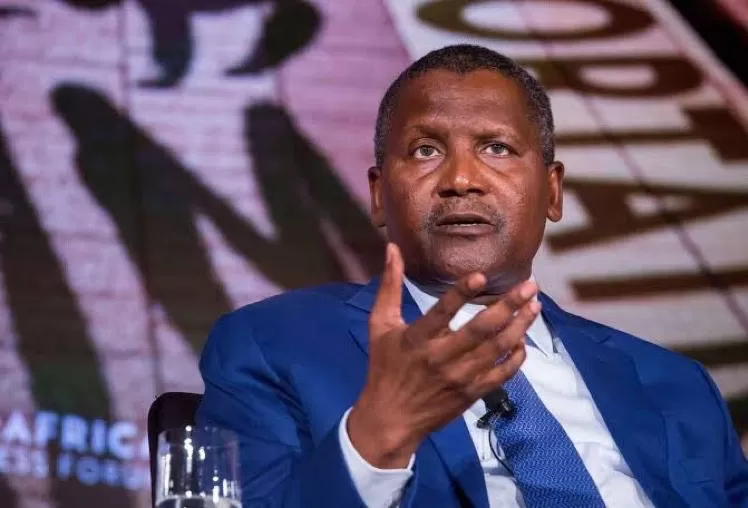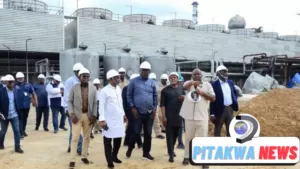NNPC and Dangote Refinery Fuel Price Drama

The latest developments in the NNPC and Dangote Refinery fuel price drama, as of mid-September 2024, involve several key points:
- Pricing and Supply: The Nigerian National Petroleum Company Limited (NNPC) has announced that it will purchase petrol from Dangote Refinery at a rate of N898.78 per litre, leading to an estimated retail price of N950 per litre in Lagos, with variations in other cities like Abuja and Maiduguri due to distribution costs and other fees. This pricing strategy reflects an increase, suggesting an about 11% rise in pump prices.
- Market Dynamics: The entry of Dangote Refinery’s petrol into the Nigerian market was initially hoped to reduce fuel prices due to local production. However, the pricing set by NNPC indicates that local refining might not immediately lead to lower prices for consumers. This situation has sparked discussions on X (formerly Twitter) about the implications of high local fuel prices, with some users expressing disappointment over the lack of price reduction despite domestic production.
- Negotiations and Future Transactions: There’s an ongoing negotiation between NNPC and Dangote Refinery regarding fuel pricing, with transactions currently in dollars but expected to switch to Naira by October 2024. This shift could influence future pricing dynamics.
- Public and Expert Reaction: There’s a mix of skepticism and analysis on platforms like X, with some users and experts questioning the pricing strategy, suggesting that the high prices might be due to NNPC’s financial strategies or the cost structure of crude oil and refining. There’s also mention of potential anti-competitive behavior if NNPC remains the sole buyer of Dangote’s refined products.
- Dangote’s Position: Aliko Dangote has emphasized the quality of the fuel produced at his refinery, promising it would match international standards. Despite this, there’s public contention over the pricing, with some believing that the prices set are too high, potentially undermining the benefits of local refining.
- Government and Regulatory Involvement: The decision on final fuel pricing involves the Federal Executive Council, indicating government oversight or influence on what consumers will ultimately pay at the pump. This involvement underscores the political and economic dimensions of fuel pricing in Nigeria.
This scenario reflects the complex interplay between local production ambitions, market forces, government policy, and public expectations in Nigeria’s fuel sector. The situation is evolving, with ongoing discussions and negotiations likely to influence future fuel prices and market dynamics.





